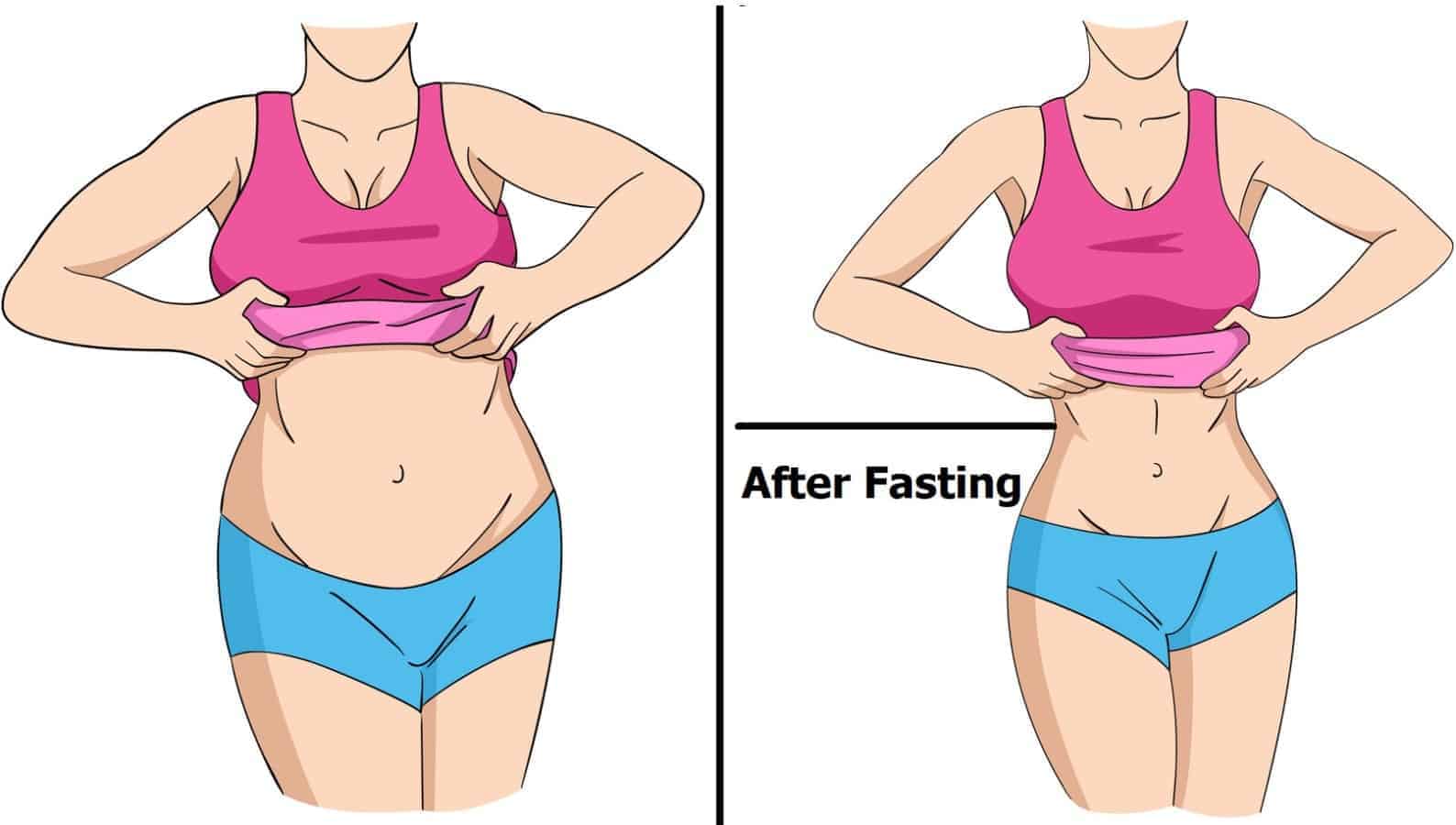How Many Calories Should I Eat to Lose Weight?
Weight loss fundamentally comes down to creating a caloric deficit—burning more calories than you consume. While this concept seems straightforward, determining the right number of calories for your weight loss goals requires understanding your individual needs, metabolism, and lifestyle factors. For those looking to optimize their approach, leanbiome-reviews.com provides science-backed insights on supplements that may help support metabolic health and appetite control as part of a comprehensive weight management strategy.
Understanding Your Caloric Needs
Your daily caloric needs depend on several factors including age, gender, height, weight, activity level, and metabolic rate. Most adults need between 1,200 to 2,400 calories per day, with men typically requiring more than women due to higher muscle mass and metabolic rates.
To lose weight safely and sustainably, health professionals generally recommend creating a deficit of 500 to 750 calories per day, which typically results in losing 1 to 1.5 pounds per week. This approach helps preserve muscle mass while promoting fat loss.
Calculating Your Baseline
The first step is determining your Basal Metabolic Rate (BMR)—the calories your body burns at rest. Several online calculators can estimate this using the Mifflin-St Jeor equation, which is considered one of the most accurate methods. Once you know your BMR, you'll multiply it by an activity factor to determine your Total Daily Energy Expenditure (TDEE).
Your activity levels significantly impact your caloric needs. Sedentary individuals might multiply their BMR by 1.2, while very active people could use 1.725 or higher. From your TDEE, subtract 500-750 calories to establish your weight loss target.
Minimum Calorie Guidelines
It's crucial never to drop below certain minimum thresholds. Women should generally consume at least 1,200 calories daily, while men should aim for 1,500 calories minimum. Going below these levels can slow metabolism, cause nutrient deficiencies, and lead to muscle loss rather than fat loss.
Very low-calorie diets can also trigger your body's starvation response, making it harder to lose weight over time. Your metabolism may slow down to conserve energy, potentially leading to weight regain once normal eating resumes.
Quality Matters as Much as Quantity
While calories are important for weight loss, the quality of those calories significantly impacts your success. Focusing on nutrient-dense foods like vegetables, lean proteins, whole grains, and healthy fats helps maintain energy levels, preserve muscle mass, and keep you satisfied.
Protein is particularly important during weight loss, as it helps maintain muscle mass and increases satiety. Aim for 0.8 to 1 gram of protein per pound of body weight, spreading it throughout your meals.
Adjusting Along the Way
Your caloric needs will change as you lose weight. A smaller body requires fewer calories to maintain, so you may need to recalculate your targets every 10-15 pounds lost. This prevents weight loss plateaus and ensures continued progress.
Pay attention to how you feel and perform. If you're constantly tired, irritable, or unable to complete workouts, you may be eating too few calories. Sustainable weight loss should leave you feeling energized and capable of maintaining your routine.
Individual Considerations
Certain factors can affect your caloric needs beyond the basic calculations. Medical conditions like thyroid disorders, insulin resistance, or hormonal imbalances can impact metabolism. Medications, stress levels, and sleep quality also play roles in how your body processes and burns calories.
Age affects metabolism as well, with metabolic rate typically declining by 1-2% per decade after age 30. This means older adults may need fewer calories than younger people of the same size and activity level.
Creating Sustainable Habits
Rather than focusing solely on hitting a specific calorie number, develop sustainable eating patterns that naturally support your goals. This might include eating regular meals, planning ahead, and learning to recognize hunger and fullness cues.
Remember that weight loss isn't always linear. Weekly fluctuations are normal due to factors like water retention, hormonal changes, and dietary sodium intake. Focus on overall trends rather than daily scale movements.
When to Seek Professional Guidance
Consider consulting with a registered dietitian or healthcare provider if you have significant weight to lose, underlying health conditions, or struggle with creating an appropriate calorie deficit. They can provide personalized recommendations based on your individual circumstances and help you develop a sustainable plan.
Professional guidance is especially important if you're considering very low-calorie approaches or have a history of disordered eating patterns.
The Bottom Line
Most people can safely aim for a caloric deficit of 500-750 calories per day to lose 1-1.5 pounds weekly. This typically means eating 1,200-1,800 calories daily for women and 1,500-2,000 for men, depending on individual factors. Focus on nutrient-dense foods, adequate protein, and sustainable habits rather than extreme restrictions.
Remember that successful weight loss is a marathon, not a sprint. The most effective approach is one you can maintain long-term while supporting your overall health and well-being.

